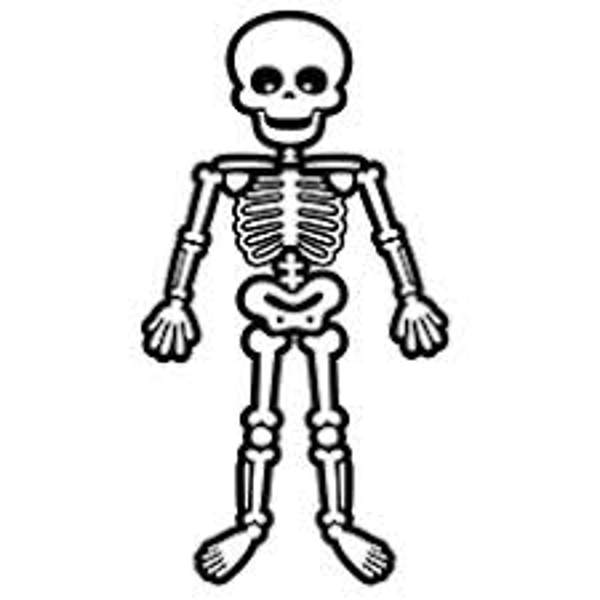Are your bones strong?
29 August 2018

By Eugenia Quach, Melbourne Univerity Physiotherapy Student.
Bone density changes over our life span. Our greatest gains of bone mass occur during our years as children and teenagers, and peaks at around the age
of 30 for both females and males. This is followed by a gradual decline in bone mass as we age.
Changes in bone mass density is due to a balance of two processes, modelling, the build-up of bone, and remodelling, the breakdown
of bone. These two processes occur simultaneously, where an imbalance between these processes may lead to conditions such as osteoporosis.
Modelling and remodelling are influenced by many factors such as ageing, hormone changes, drugs (e.g. corticosteroids), and physical activity. Most
of these factors are difficult for us to control or are undesired (i.e. drugs and their side effects), however what we can control is our physical
activity levels! More specifically, physical activity with load or weight bearing is important to keep our bones healthy. This is because our bones
adapt to mechanical stress, so if you increase your physical load, your bones will adapt to become stronger, and conversely, reducing your physical
load will reduce your bone strength. Hence, weight bearing exercise or activities have the capacity to prevent conditions such as osteoporosis,
reduce the risk of fractures, and therefore reduce morbidity and mortality rates.
Examples of weight bearing physical activities:
- Walking, jogging, running
- Climbing stairs
- Hiking
- Tennis
- Basketball
- Lifting weights
But everything in moderation! Whilst we’ve mentioned that we need to load our bones to increase its strength, we must also be mindful not to overload
them and cause potential injuries. It’s important to start at an appropriate level, know how to modify activities to avoid stirring up old injuries
or prevent new injuries, and know how to progress our activities – and all these things are specific to you.
Here at Spring Physio Gym we have Bone Building and Balance classes. They are designed for seniors with various health conditions who would
like to improve their fitness, reduce their risk of falls, and maintain their independence at home and in the community.
For further information or to book an appointment, please call reception at 9822 4002.




